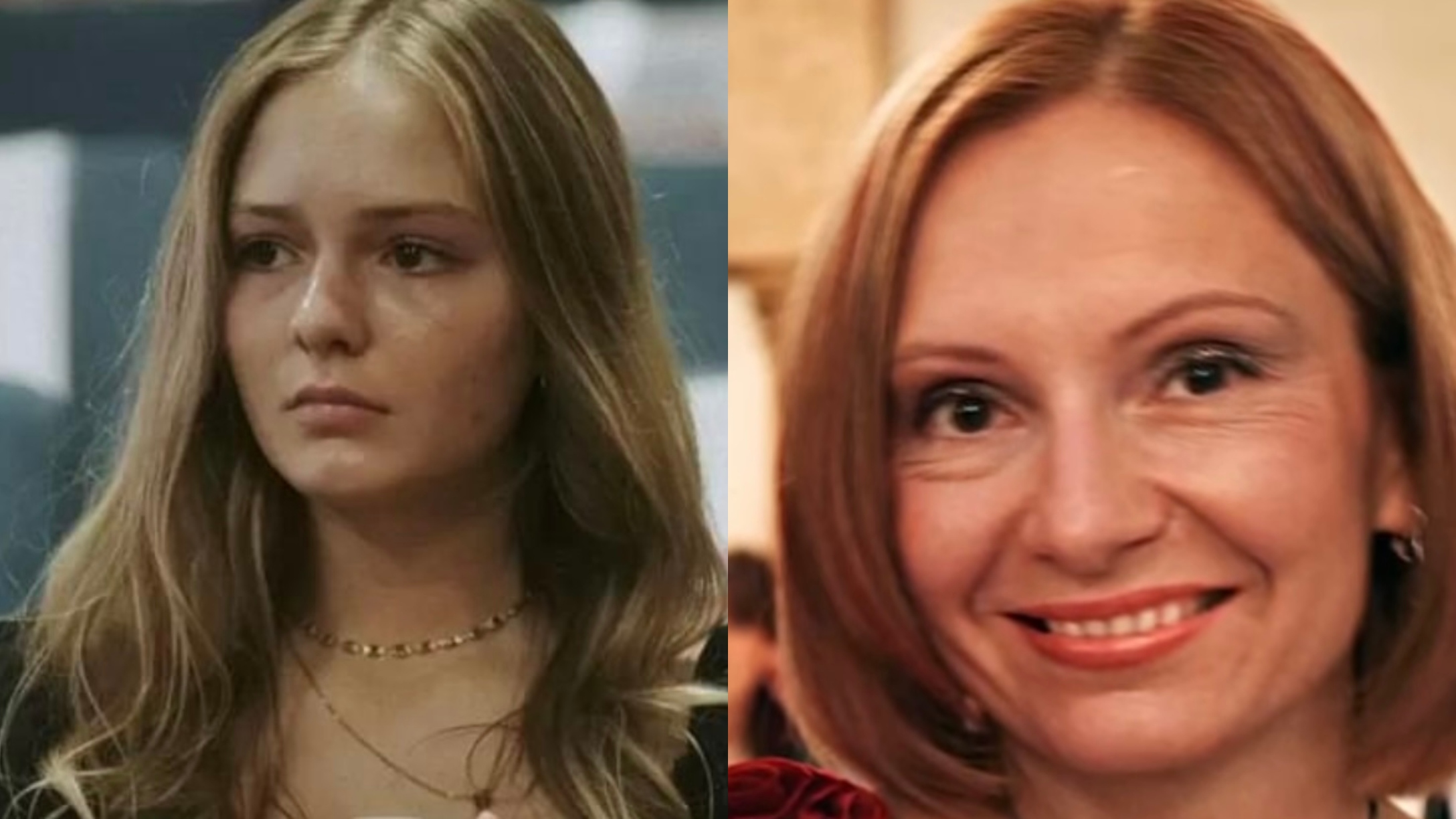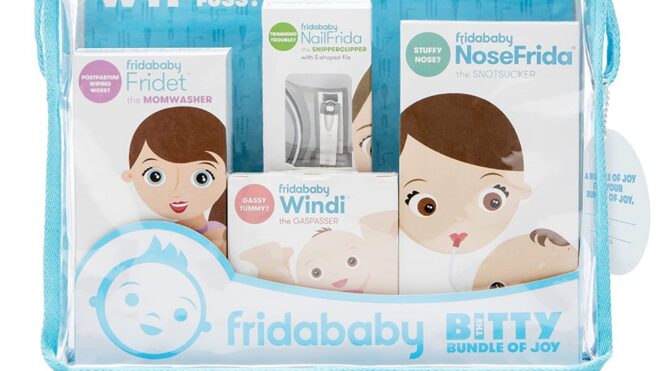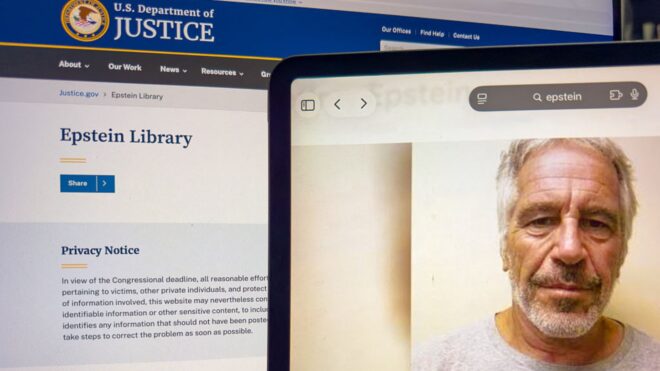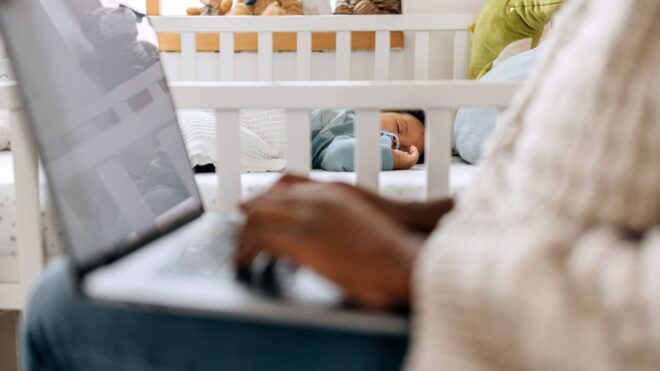
TRIGGER WARNING: This post contains information about suicide, which may be triggering to some.
In 2015, when she was just 9 years old, Maya Kowalski was sick. In fact, she was extremely ill, but doctors couldn't figure out what was ailing her. The young girl had asthma attacks and headaches. Then strange lesions began to appear on her arms and legs and they began to curl. Maya was in extreme pain, and her parents just wanted her to feel better.
While Maya continued to suffer, at least one doctor claimed that the illness was all in her head. But her mother, Beata, was a trained registered nurse and felt strongly that her daughter wasn't faking and needed help. With treatment, Maya got better, but her mother was under intense scrutiny for her actions during Maya's illness.
Beata was eventually diagnosed with Munchausen by proxy, a factitious disorder imposed on another, which led to a tragic end for the loving mother. The new Netflix documentary, Take Care of Maya, tells the family's story.
More from CafeMom: Mom Arrested After Being Accused of Injecting Her Baby With Mystery Liquid
According to her family, there was no doubt Maya was sick.
The now 16-year-old and her father, Jack Kowalski, spoke with People about Maya's illness. The pain and symptoms puzzled physicians, and Maya continued to feel sick. Her parents wanted their daughter well.
"But Maya would be crying 24/7," Jack said. "We knew she wasn't faking."
As her family and medical team continued to look for answers, Beata heard about an extremely rare neurological condition called complex regional pain syndrome, or CRPS. Maya's symptoms fit the condition's description, and Beata thought they finally had answers.
The family consulted with a physician specializing in CRPS.
After the family suspected CRPS, they took Maya to see an anesthesiologist, Dr. Anthony Kirkpatrick, People explained. He finally gave the family the diagnosis they so desperately wanted.
"CRPS 'is an abnormal function of the sympathetic nervous system,'" he told People. Over time, "your senses get ramped up so if a drop of water touches your skin, it can feel like somebody's jabbing you with a knife."
Kirkpatrick began to treat Maya with ketamine to control her pain, but her symptoms did not completely subside.
The doctor suggested a drastic treatment.
Because Maya was not receiving the relief he hoped for, Kirkpatrick suggested the family take a drastic route, he told People. The anesthesiologist determined the girl needed to be put into a ketamine coma to help "reset" her nervous system.
The procedure is controversial, risky, and not approved by the Federal Drug Administration. The family had to travel to Mexico for treatment.
The family took the trip in November 2015, and after treatment, Maya improved dramatically. She told People she felt amazing and continued to have ketamine infusions to manage flare-ups.
A November 2016 trip to the emergency room changed the family's life forever.
According to People, Maya had intense stomach pain, and her parents took her to Johns Hopkins All Children's Hospital in St. Petersburg, Florida, desperate for help. Beata pleaded with doctors to give her daughter a high dose of ketamine. Even though she was trained as a registered nurse, staff at the hospital became concerned about the request and contacted Child Protective Services.
The mother was accused of having Munchausen syndrome by proxy, a mental disorder wherein a caregiver essentially makes up symptoms or causes a child to have medical problems, Cleveland Clinic explains. A court-ordered psychological evaluation, however, deemed Beata did not have the condition.
Even though a doctor cleared Beata, Maya was put under state care in the hospital.
Maya told People that the last time she saw her mother, she kissed her goodbye and told her she'd see her the next day. Instead, Maya was kept away from her family for nearly three months.
"I was medically kidnapped. I tried being hopeful, but there was a point where I thought, 'I'm never getting out of this place,'" she recalled to People.
Beata was so devastated by being kept from her daughter that she died by suicide in January 2017 at 43 years old. An email written before her death was discovered and obtained by People. It read in part, "I no longer can take the pain being away from Maya and being treated like a criminal. I cannot watch my daughter suffer in pain and keep getting worse."
More from CafeMom: Gypsy Rose Blanchard Shares Chilling Details of the Abuse That Drove Her to Kill Her Mom
Maya was released to her father five days later.
Her mother was gone, but Maya and her father were reunited. A court prevented her from receiving ketamine treatments after her release, so she had to find alternative therapies, the family explained. Maya worked hard to return to everyday life, but her father explained it took more than a year and a half before she could walk unassisted.
The family has since filed a lawsuit against the hospital, with a trial set for September. "I want justice for my mom," Maya told People.
The Kowalskis have a chance to tell their story in Take Care of Maya. The documentary will premiere at the Tribeca Film Festival and stream on Netflix beginning June 19.
Note: If you or any of your loved ones are struggling with suicidal thoughts, you can always reach out to the 988 Suicide & Crisis Lifeline by calling 988. They are available 24/7 by phone or online chat.




